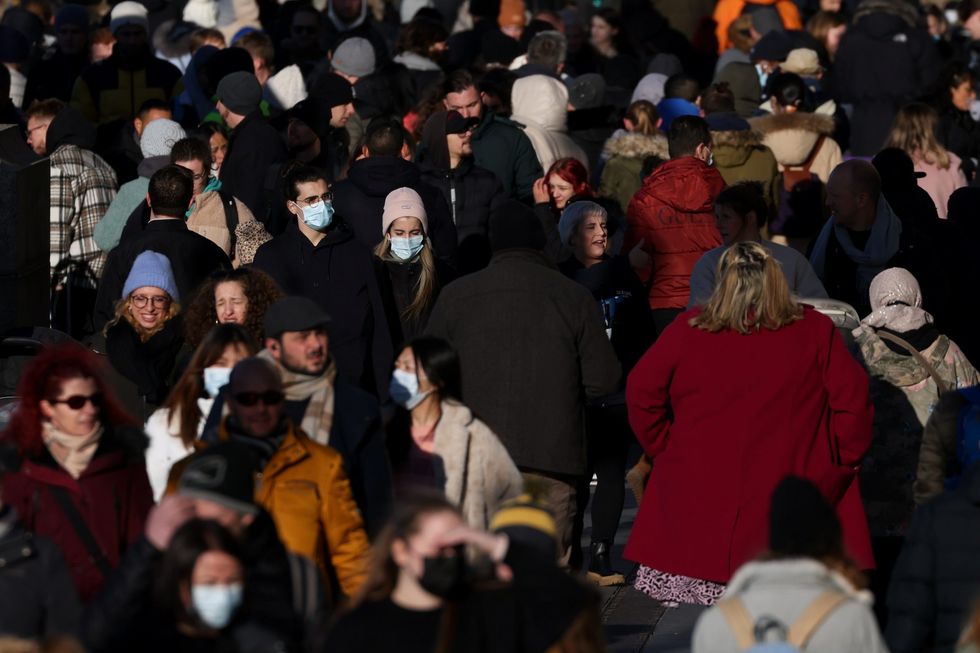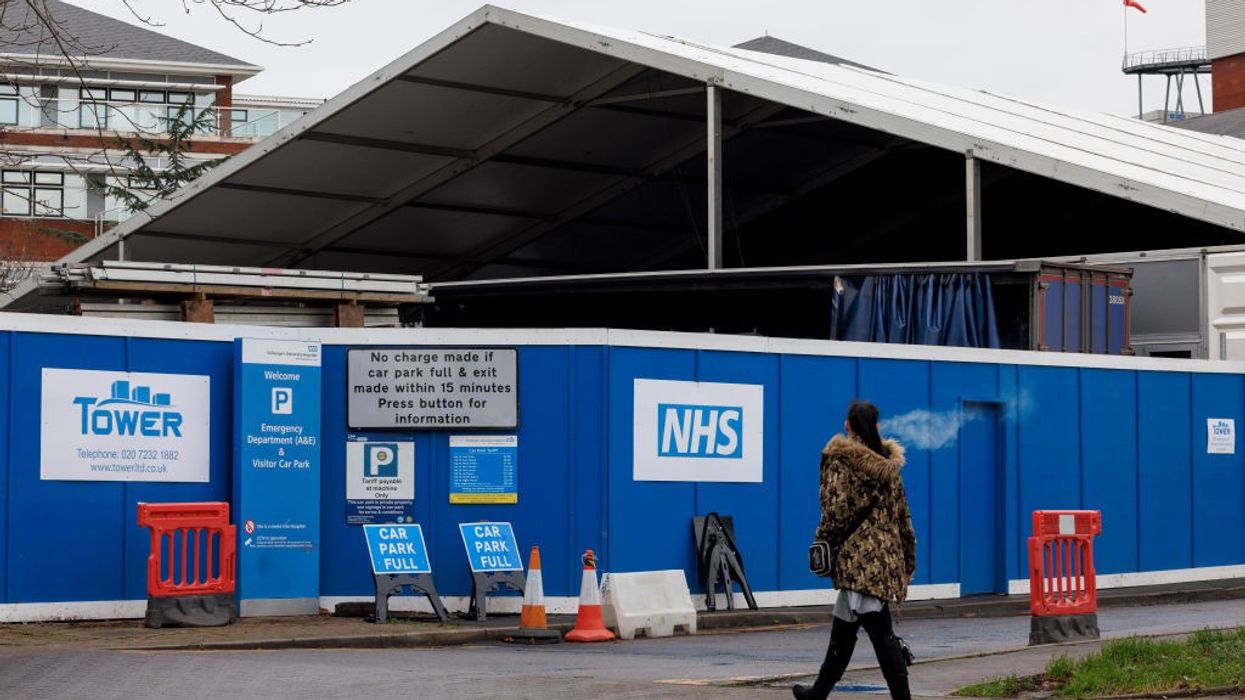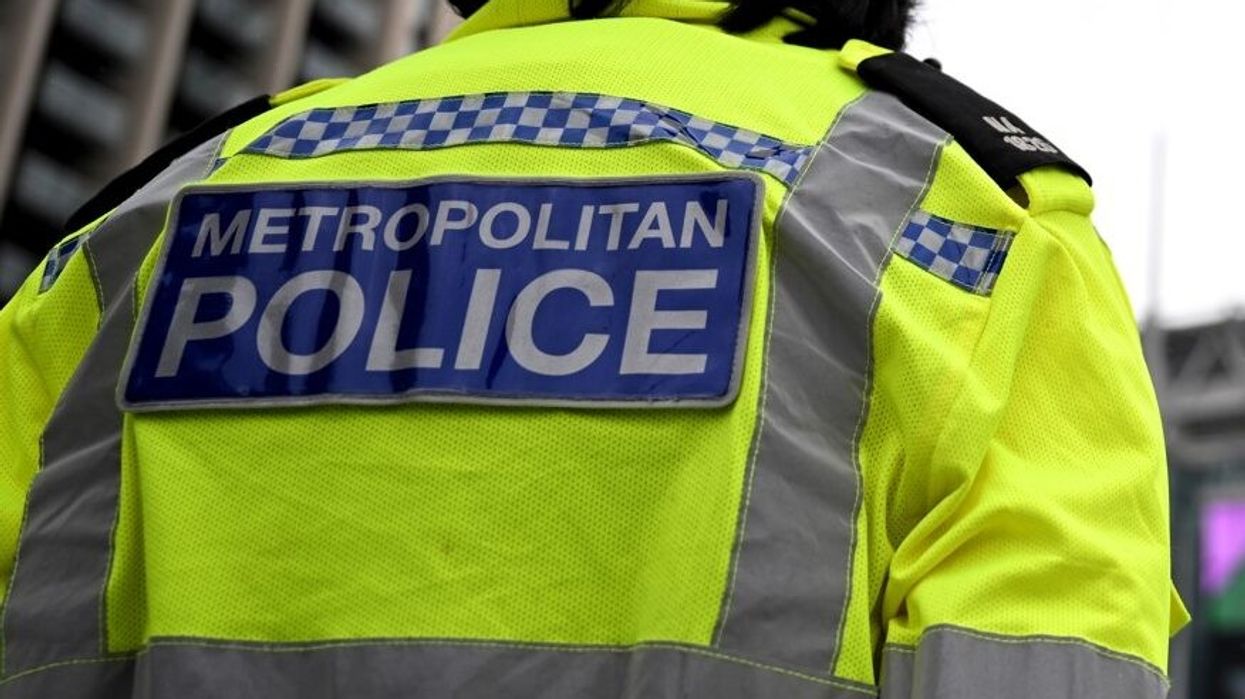THE BRITISH government has asked public sector managers to test their contingency plans against a worst-case scenario of 25 per cent staff absence as part of efforts to minimise disruption from the rapid spread of the Omicron variant of Covid-19.
With daily infection numbers at a record high and people who test positive required to self-isolate for at least seven days, the government expects businesses and public services to face disruption in the coming weeks, it said in a statement.
"So far, disruption caused by Omicron has been controlled in most parts of the public sector, but public sector leaders have been asked to test plans against worst-case scenarios of workforce absence of 10 per cent, 20 per cent and 25 per cent," it said.
Prime minister Boris Johnson has asked ministers to work closely with their respective sectors to develop robust contingency plans, said the Cabinet Office, which is coordinating the government's efforts.
The impact of Omicron on workforces in supply chains, public services and schools is being closely monitored, it said. Mitigations being considered include asking for volunteers such as retired teachers to go back to work.
"There is work ongoing to identify potential regulatory, policy or operational changes which could minimise or alleviate potential disruption," the Cabinet Office said.

The daily number of new Covid-19 infections across the United Kingdom rose to a record 189,846 on Friday (31), far higher than during previous peaks.
However, hospitalisations and deaths have remained at much lower levels than in previous waves.
‘New Covid curbs in England last resort'
Health secretary Sajid Javid insisted on Saturday (1) that reimposing coronavirus restrictions in England would be "an absolute last resort" and that the country must "try to live with Covid".
The country is among those in Europe hardest hit by the pandemic, registering nearly 149,000 deaths. It counted almost 163,000 new cases Saturday (1), a slight dip after days of unprecedented daily tallies.
The UK government, which has responsibility for health policies in England only, has so far refused to curb socialising and large events, unlike the rest of Britain.
Northern Ireland, Scotland and Wales have all rolled out new rules since Christmas limiting gatherings, as the Omicron variant fuels an unprecedented nationwide surge in infections.
But Johnson's government in London insists the data does not yet justify such measures in England.
"Curbs on our freedom must be an absolute last resort and the British people rightly expect us to do everything in our power to avert them," Javid wrote in the Daily Mail newspaper.
"I've been determined that we must give ourselves the best chance of living alongside the virus," he added, noting the "enormous health, social and economic costs of lockdowns".
Despite the record rise in infections, there has been a less dramatic rise in numbers admitted to hospitals and then intensive care units, fuelling hopes that Omicron is less severe.
"I've been working closely with the NHS, to make sure it is ready and resilient for what lies ahead," Javid vowed.
In England, the government last month mandated mask-wearing in most settings, working from home if possible and a Covid pass system for nightclubs and large events.
But it has stopped short of the further measures seen in other parts of the UK.
Instead, it is relying on a stepped-up vaccination programme, which saw every adult offered a third dose by end-2021 and around 60 per cent of the eligible population getting a booster jab.
(Reuters & AFP)












